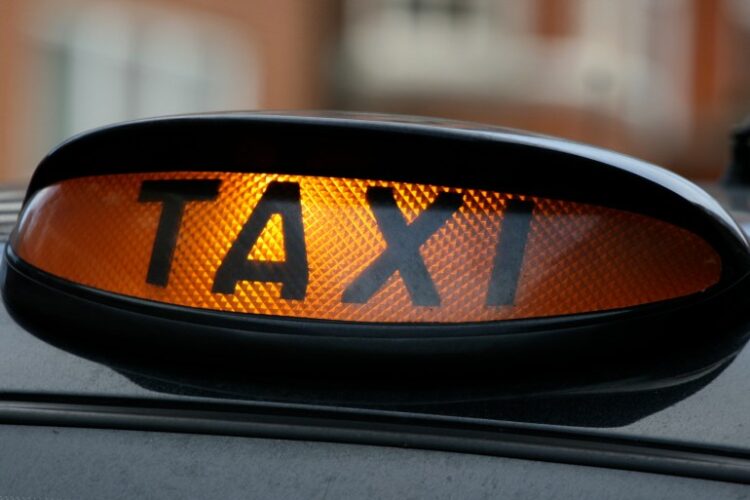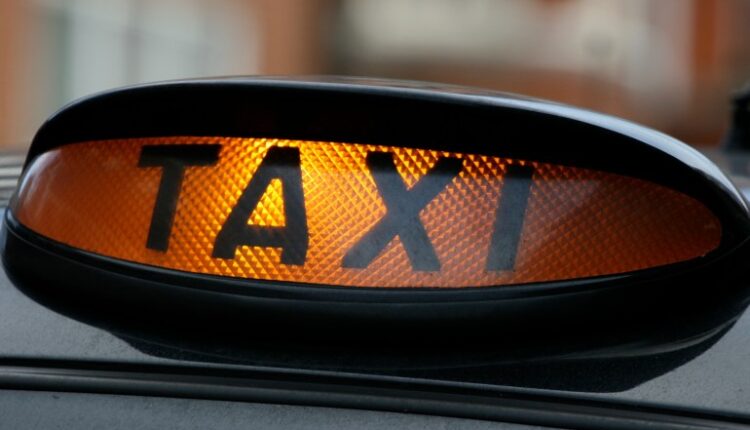Liverpool offers COVID grants to taxi drivers
Almost 4,000 hackney carriage and private hire taxi drivers in Liverpool have seen their incomes plummet due to COVID-19 and are now being offered cash grants. Tony McDonough reports

Thousands of taxi drivers in Liverpool will be able to claim support grants as they struggle with the loss of revenue due to new COVID-19 restrictions.
Liverpool’s 3,886 licensed hackney carriage and private hire drivers have seen their incomes plummet due to pandemic. Since March, bar and restaurant restrictions and closures, as as well as the lack of tourists, has had a devastating impact on the taxi trade.
On Wednesday 14 October, pubs and bars in the city region closed again as Liverpool entered tier-3 coronavirus restrictions to try and curb the steep rise in cases over the last few weeks, meaning they are again without much of their trade.
A report approved by the council’s cabinet on will see Hackney and private hire vehicle drivers given a grant equivalent to the £40 cost of their driver badge, plus a further £170 for their vehicle plate if they own the cab – a total of up to £210.
The cost – £663,400 – will be covered through the £10 million set aside by the council earlier this month to help alleviate the impact of COVID-19 trading restrictions in the visitor economy.
There are 1,426 hackney carriages in the city and 1,561 private hire vehicles. They are driven by 1,882 hackney carriage drivers and 2,004 private hire drivers. Details on how the grant will be made available will be publicised in the coming days.
Tommy McIntyre from the union UNITE, which represents many drivers in Liverpool, added: “We are grateful to the support being shown to the trade by the city council. We are concerned that if there is no support to help the trade, we may not have a trade when we come out of this latest lockdown period.
“It is not just the financial wellbeing of our drivers that is at stake, but their mental health and the impact on their families.”

